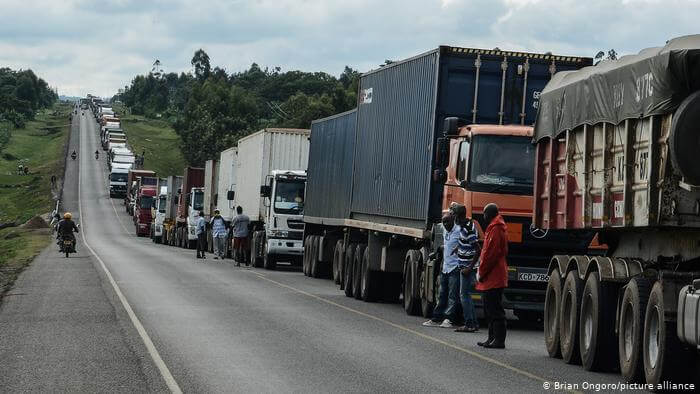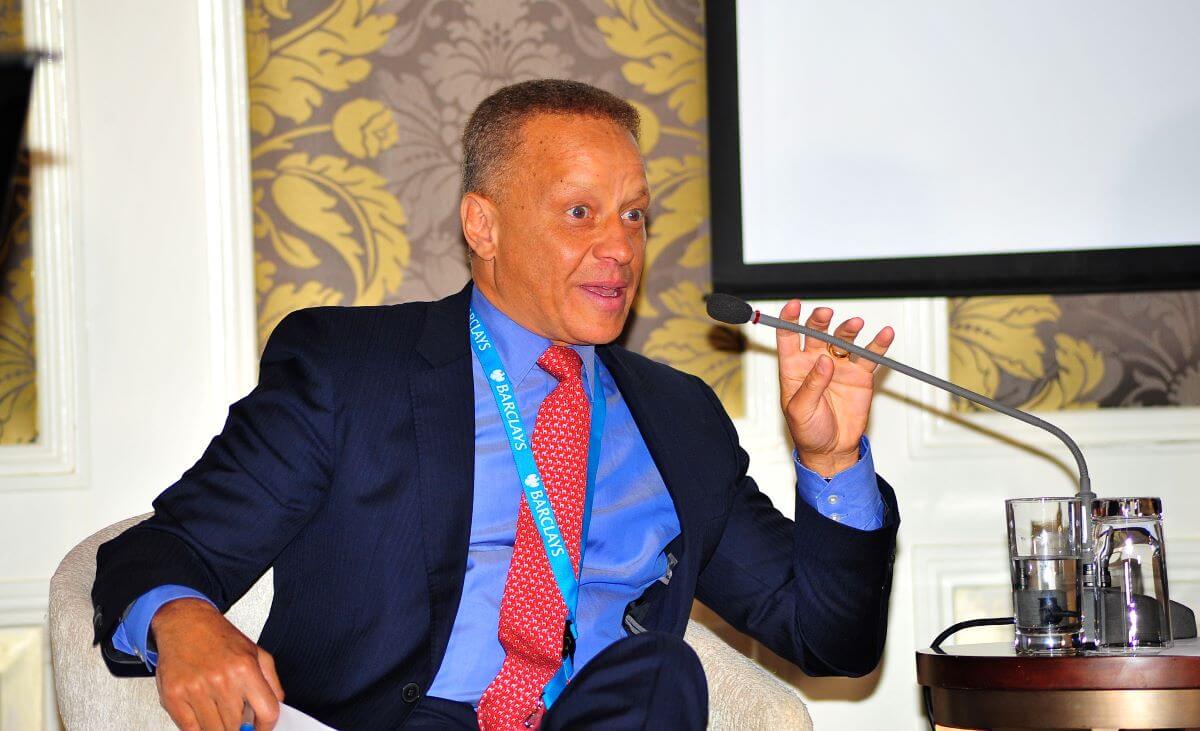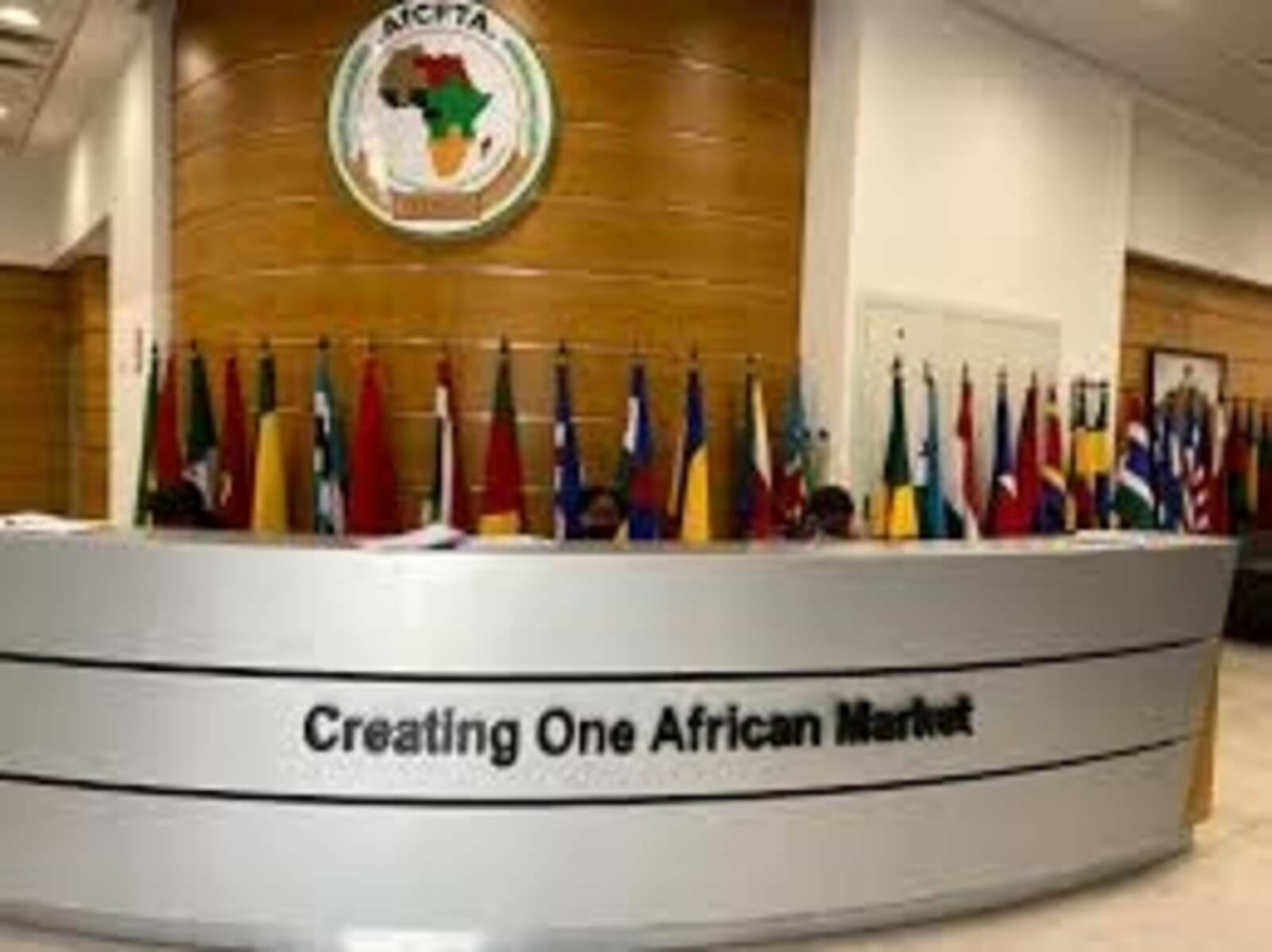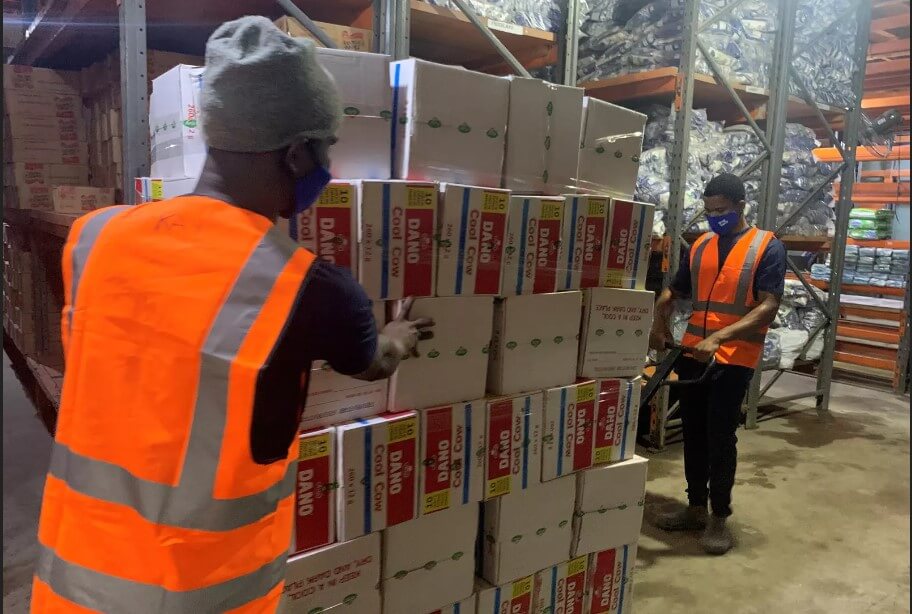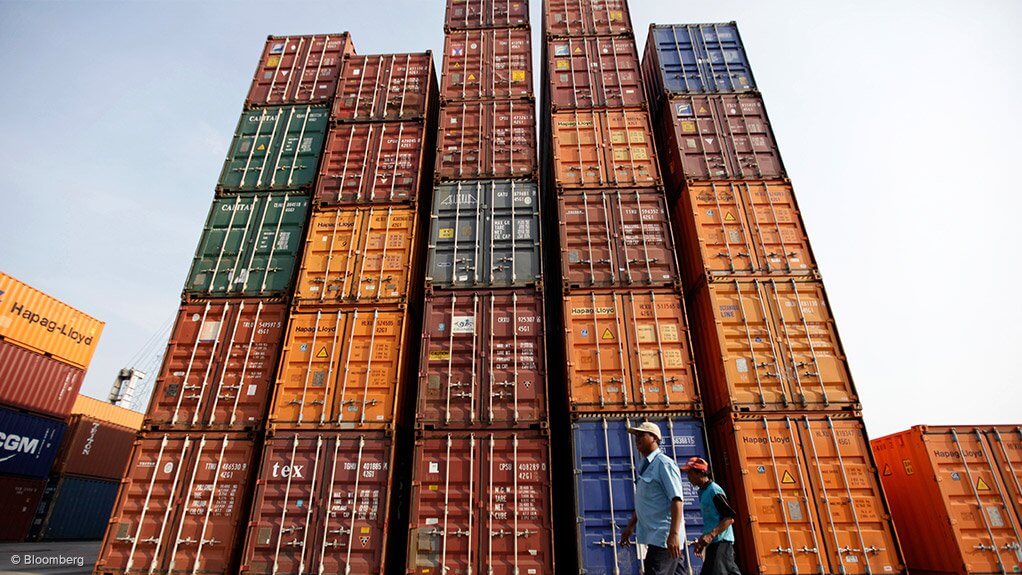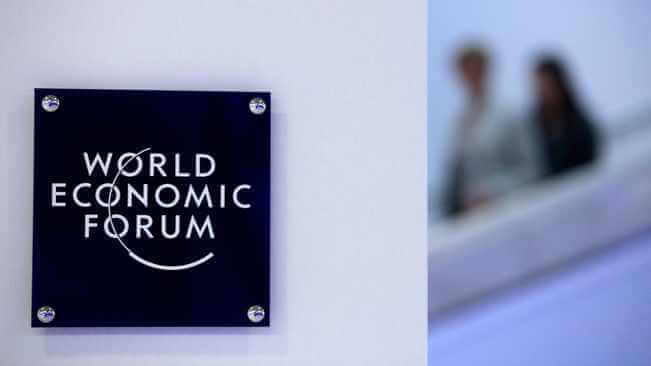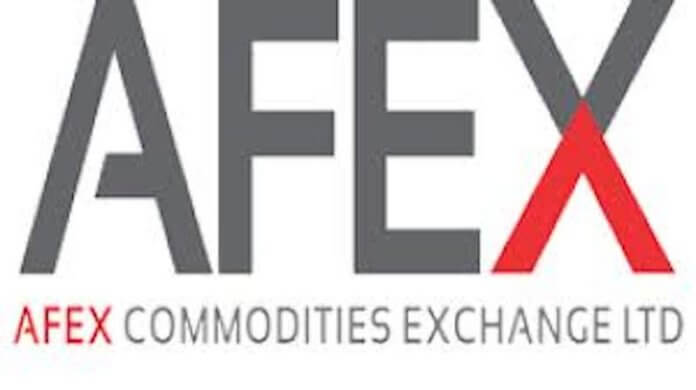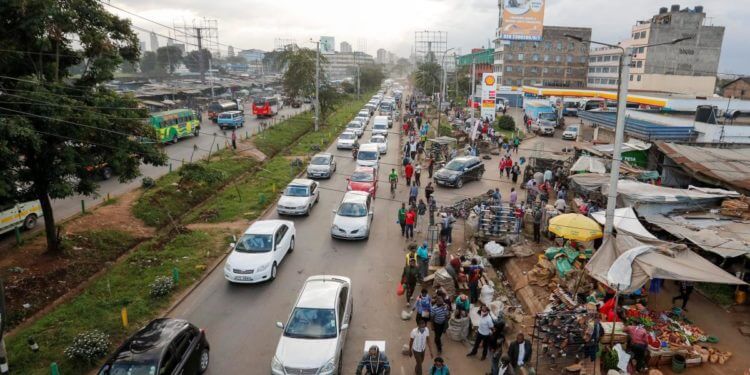For many African long-distance drivers, 2021 began in a traffic jam. In southern Africa in particular, border traffic is only possible under difficult conditions: on 12 January, South Africa's President Cyril Ramaphosa tightened entry restrictions. Initially, only important goods such as food, gasoline or medical equipment are allowed to cross the strictly guarded borders for months until mid-February. Long queues of trucks are therefore formed, especially on the Zimbabwean and Mozambican sides. At the Beitbridge border crossing in Zimbabwe, drivers have to wait up to four days to enter South Africa. The daily losses to the economy are immense. Southern Africa: Borders tight, illegal cross-border commuters The small border traffic of traders and day laborers has also become more difficult. If you don't have a permanent visa for South Africa, you won't be able to get into the country easily. In addition, all those wishing to enter must have negative Corona tests. Legally, the border between Mozambique and South Africa can hardly be crossed "Many Mozambicans have casual jobs in South Africa, others regularly buy products in South Africa as traders that they sell in Mozambique. These people are suffering greatly from the current situation," says Mozambican journalist Milton Maluleque. A few days ago, he took stock of the Lebombo border crossing between South Africa and Mozambique. "Long queues form every day at the border," Maluleque told DW. Few trucks would pass through, most small dealers and workers turned away. Many Mozambicans are therefore trying to cross the green border into South Africa illegally,...
Corona stress test for Africa’s border traffic
Posted on: February 1, 2021
Posted on: February 1, 2021

